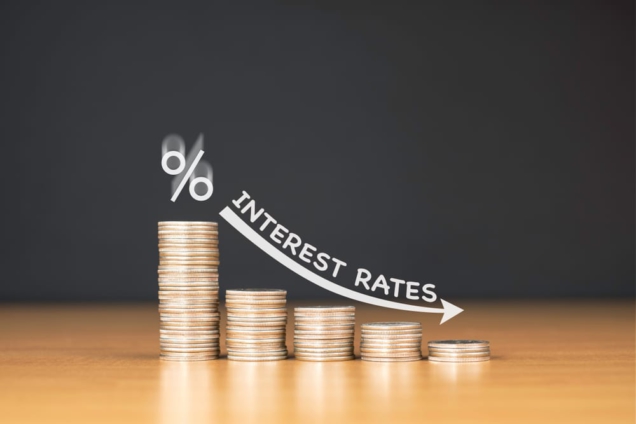The policy rate of the Bank Ghana will go down by at least 1.0% to 13.50 percent at the end of the first half of this year, according to forecast by Fitch Solutions, research arm of ratings agency, Fitch.
The international research organization said the reduction in the Bank of Ghana’s base lending rate is expected to transpire in the Central Bank’s next meeting in March 2020 or possibly May 2020.
This is expected to be triggered by further lower inflation and improve growth rate in the first quarter of this year.
Furthermore, it said policy continuity by the government will result in a steady recovery in international and domestic investor sentiment, compelling the Bank of Ghana to trim its benchmark rate by a further 1.0% to 13.50%.
“Policy continuity following the likely return of the largely business-friendly New Patriotic Party government will result in a steady recovery in international and domestic investor sentiment, with the latter assisted by the BoG trimming its benchmark rate by a further 100bps to 13.50%, lowering borrowing costs for firms”.
This will further lower borrowing costs for firms and households.
Some analysts have also projected that the higher-than-expected deceleration in inflation to within the Central Bank’s target range is likely to provide strong support for a policy rate cut in the next Monetary Policy Committee meeting, subject to the outcome of February inflation, which faces immediate risks from higher crude oil prices.
However, the policy rate cut is necessary to energise economic activity in the midst of the second wave of covid-19 infections in the country.
Additionally, the authorities are keen to reduce government’s cost of borrowing in the midst of rising public debts. Already, we have seen some reduction in the cost of yield on Treasury bills.
Policy rate maintained at 14.5%
The Bank of Ghana kept it policy rate-the rate at which it lends to commercial banks at 14.5%.
It cited the balance of risks to inflation and growth as the rationale behind the unchanged policy rate.
“Risks to inflation in the near-term are broadly contained, but short to medium-term risks emanating from the fiscal expansion and rising crude oil prices are emerging.”
The unchanged policy rate meant cost of loans will remain same at least for the next two and half months, unless some factors ease it slightly.
Latest Stories
-
I’m confident posterity will judge my performance well – Akufo-Addo
6 minutes -
Syria’s minorities seek security as country charts new future
47 minutes -
Prof. Nana Aba Appiah Amfo re-appointed as Vice-Chancellor of the University of Ghana
54 minutes -
German police probe market attack security and warnings
54 minutes -
Grief and anger in Magdeburg after Christmas market attack
55 minutes -
Baltasar Coin becomes first Ghanaian meme coin to hit DEX Screener at $100K market cap
2 hours -
EC blames re-collation of disputed results on widespread lawlessness by party supporters
2 hours -
Top 20 Ghanaian songs released in 2024
2 hours -
Beating Messi’s Inter Miami to MLS Cup feels amazing – Joseph Paintsil
3 hours -
NDC administration will reverse all ‘last-minute’ gov’t employee promotions – Asiedu Nketiah
3 hours -
Kudus sights ‘authority and kingship’ for elephant stool celebration
3 hours -
We’ll embrace cutting-edge technologies to address emerging healthcare needs – Prof. Antwi-Kusi
3 hours -
Nana Aba Anamoah, Cwesi Oteng special guests for Philip Nai and Friends’ charity event
3 hours -
Environmental protection officers receive training on how to tackle climate change
3 hours -
CLOGSAG vows to resist partisan appointments in Civil, Local Government Service
5 hours

